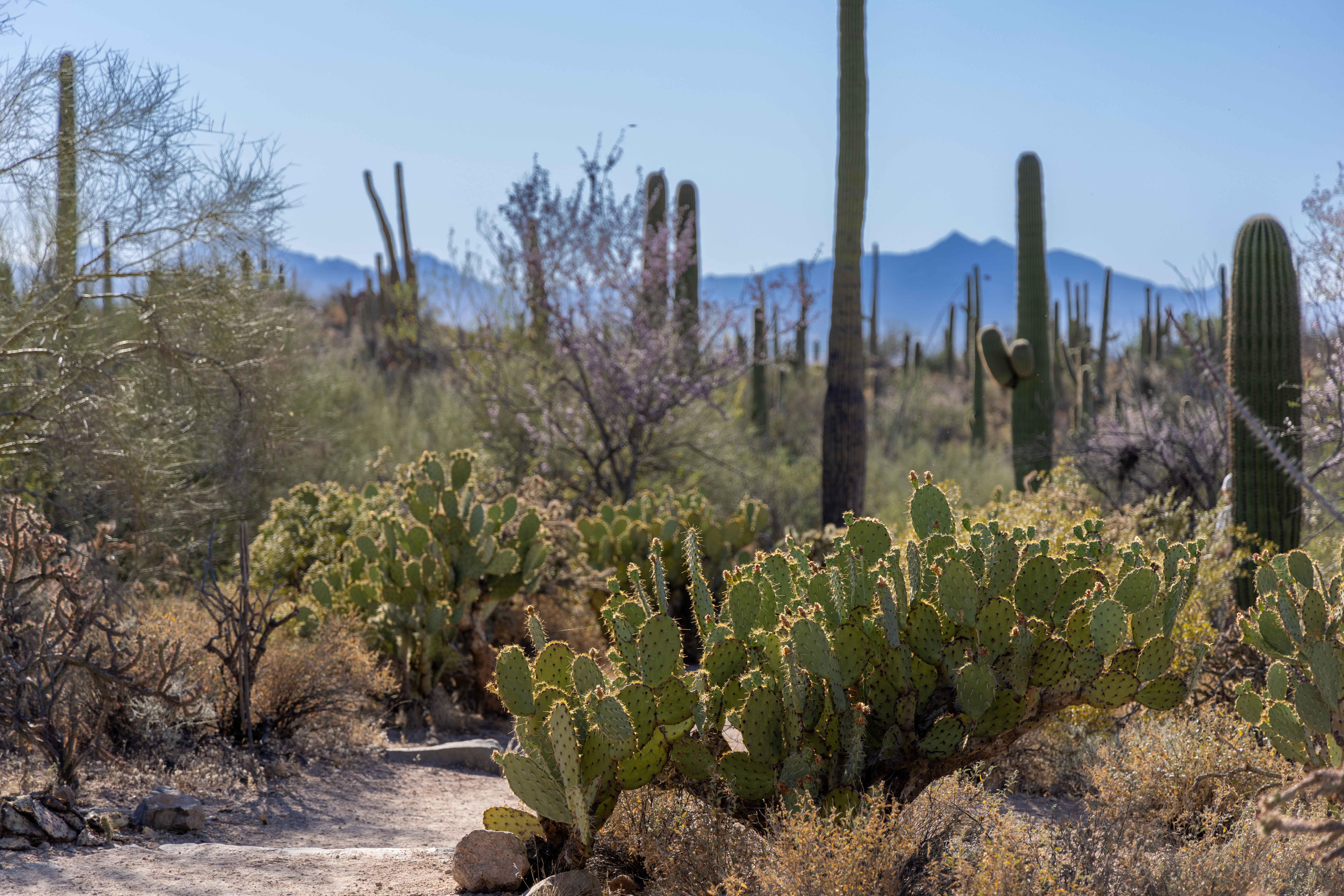Upcoming classes at Arizona State University | Spring 2024
Sustainability Science: Interactions Between Human and Environmental Systems (SOS | BGU | GCU 526)
course syllabus here

Upcoming classes at Arizona State University | Spring 2024
Sustainability Science: Interactions Between Human and Environmental Systems (SOS | BGU | GCU 526)
course syllabus here
This course addresses core ideas in sustainability science — an emerging field of problem-driven research dealing with the interactions between human and environmental systems. The problem that motivates the course, and the field, is the challenge of sustainability: improving the well-being of present and future generations in ways that conserve the planet’s life support systems over the long term. The goal of the course is to introduce students interested in sustainability science to the field’s principle themes, cutting-edge findings, active debates and unresolved research questions. To this end, participants will critically discuss a set of presentations and papers covering the field in a systematic way, drawing on and integrating contemporary research from earth systems science, resource economics, institutional analysis, ecology, geography, development studies, health sciences, engineering, and other disciplines.
The motivation for the course is the need to integrate the various communities working on sustainability science. The fragmentation of those communities, by discipline, by institution, by applications focus, is a major impediment to the growth and maturation of the field. In response, we are teaching this distributed, interdisciplinary graduate course on sustainability science. The goal of this course is to bring together faculty and students from different cultures, universities, and disciplinary backgrounds to discuss key concepts, findings and controversies in the field.
The course meets twice a week. The first session each week will be conducted individually at each university to prepare for focused discussion in the second session which will be held jointly with all participants linked through web conferencing technology. We will use Zoom software, hosted by ASU. For each joint session, a faculty member will begin by presenting a prepared lecture to all participants through video (30-45 minutes). Following the lecture, an interdisciplinary team of students drawn from each institution will present a short list of questions to guide discussion of critical themes raised by the readings and lecture. All participants in the seminar will be expected to have read both the assigned readings and the discussion questions and come prepared for an in-depth discussion. A faculty moderator will guide the discussion on the material, paying special attention to the discussion. All students will be expected to contribute regularly to an online discussion of the lectures and assigned literature. Student collaboration across institutions is highly encouraged.